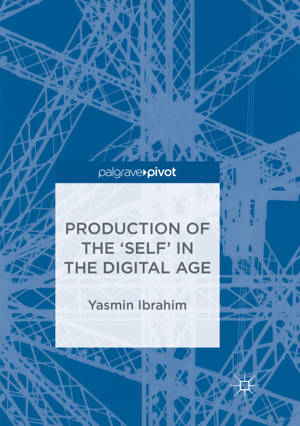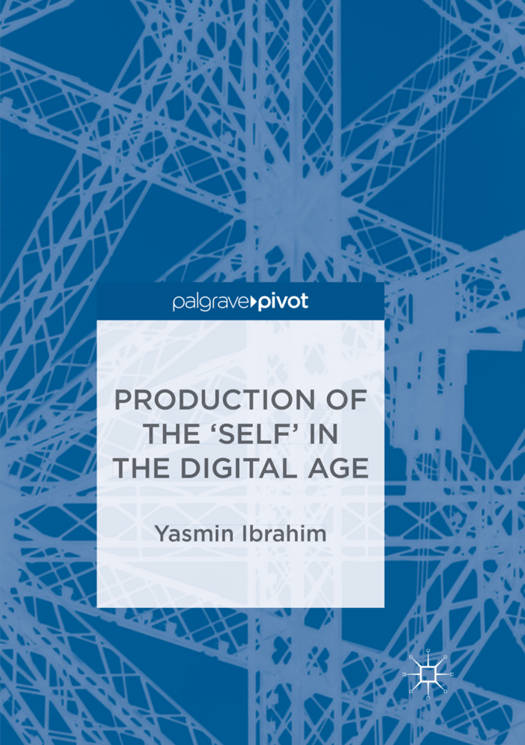
Je cadeautjes zeker op tijd in huis hebben voor de feestdagen? Kom langs in onze winkels en vind het perfecte geschenk!
- Afhalen na 1 uur in een winkel met voorraad
- Gratis thuislevering in België vanaf € 30
- Ruim aanbod met 7 miljoen producten
Je cadeautjes zeker op tijd in huis hebben voor de feestdagen? Kom langs in onze winkels en vind het perfecte geschenk!
- Afhalen na 1 uur in een winkel met voorraad
- Gratis thuislevering in België vanaf € 30
- Ruim aanbod met 7 miljoen producten
Zoeken
€ 83,95
+ 167 punten
Uitvoering
Omschrijving
This book investigates the relationship between the self and screen in the digital age, and examines how the notion of the self is re-negotiated and curated online. The chapters examine the production of the self in postmodernity through digital platforms by employing key concepts of ubiquity, the everyday, disembodiment and mortality. It locates self-production through ubiquitous imaging of the self and our environments with and through mobile technologies and in terms of its 'embeddedness' in our everyday lives. In this innovative text, Yasmin Ibrahim explores technology's co-location on our corporeal body, our notions of domesticity and banality, our renewed relationship with the screen and our enterprise with capital as well as the role of desire in the formation of the self. The result is a richly interdisciplinary volume that seeks to examine the formation of the self online, through its renewed negotiations with personalised technologies and with the emergence of social networking sites.
Specificaties
Betrokkenen
- Auteur(s):
- Uitgeverij:
Inhoud
- Aantal bladzijden:
- 104
- Taal:
- Engels
Eigenschappen
- Productcode (EAN):
- 9783030089917
- Verschijningsdatum:
- 5/01/2019
- Uitvoering:
- Paperback
- Formaat:
- Trade paperback (VS)
- Afmetingen:
- 148 mm x 210 mm
- Gewicht:
- 149 g

Alleen bij Standaard Boekhandel
+ 167 punten op je klantenkaart van Standaard Boekhandel
Beoordelingen
We publiceren alleen reviews die voldoen aan de voorwaarden voor reviews. Bekijk onze voorwaarden voor reviews.









